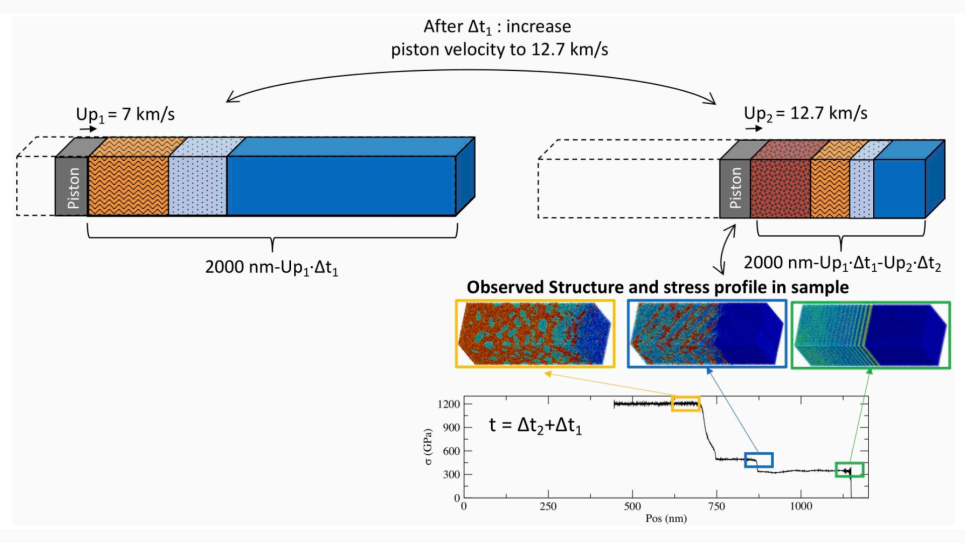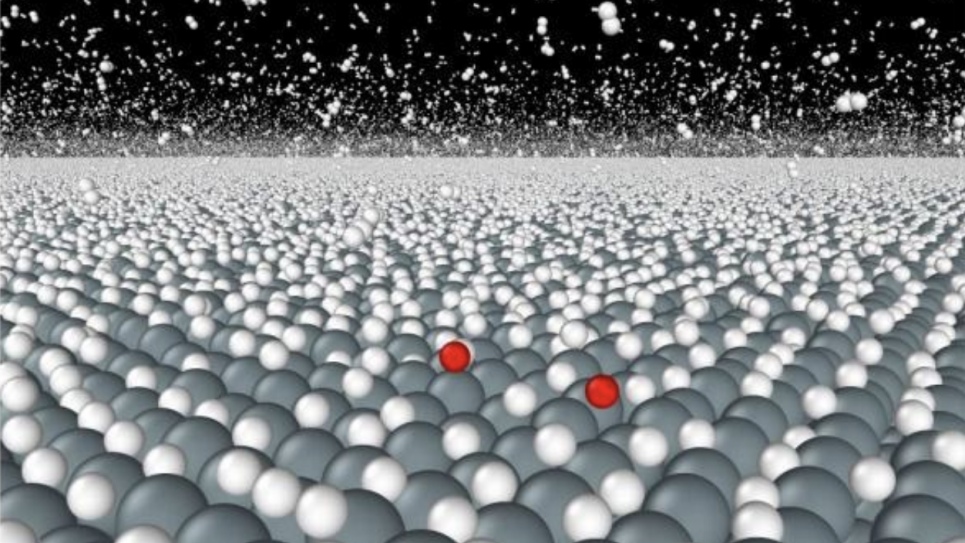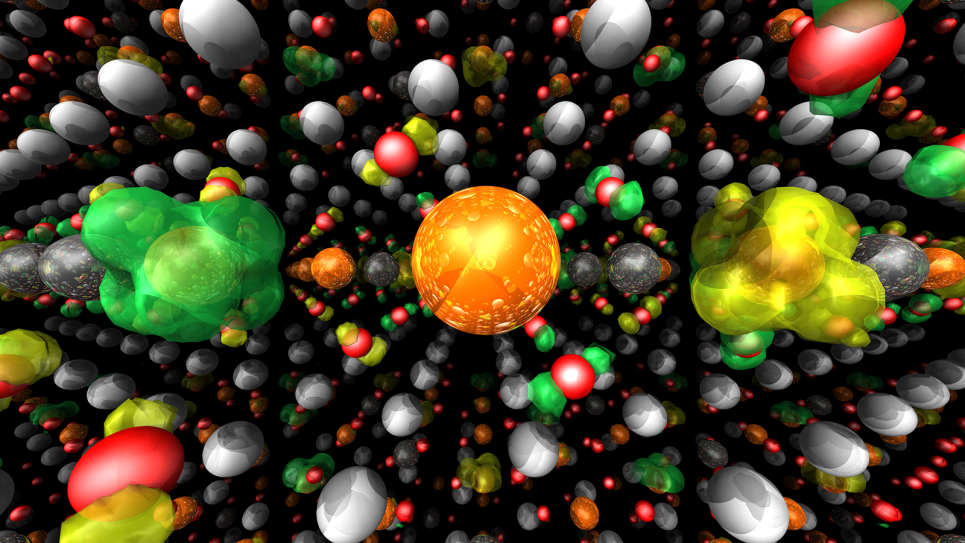A predictive understanding of materials properties would empower science and engineering in most every sector and is a primary goal of materials science research. One large and important category of materials are crystalline solids. Common examples include metals such as magnesium alloys, insulators, ice, and certain rocks. Important properties of crystalline solids are mediated through defects in the crystal structure. These defects can have large impacts even when the defect occurs very rarely (the defect is in dilute concentrations). Thus, a predictive understanding of material properties of crystalline solids requires an understanding of the defects. Unfortunately this is challenging, as defects intimately couple the small (sub-atom sized) and large scales: the complex chemistry of the broken bonds in the core, the discrete atomistic nature of the annular region, and the long-range slow decay of continuum elastic fields. Density functional theory (DFT) is a simulation method that models materials at the very small atomistic/electronic structure. DFT is necessary to study the small atom sized impacts of defects, but it is a great challenge to extend DFT to larger scales. Yet, to capture the full range of defect impacts on crystalline materials, this challenge must be overcome.
A number of multiscale approaches have been proposed to address this challenge, but these approached require asymptotic assumptions or ad hoc patches that require case specific expertise in their implementation. These are not only counter to the ab initio philosophy, but also restrict their transferability and their predictive ability.
This ASCR Leadership Computing Challenge project supports the peta-scale computation of materials properties from density functional theory. In contrast to previous methods, DFT is the sole input and controlled numerical approximations enable the study of detects at realistic concentrations. The project supports continued development of MacroDFT, the team’s sub-linear scaling computational platform for applying density functional theory to crystalline solids with defects. The project will use MacroDFT to perform a systematic study of defects in Magnesium and its alloys. Mg-alloys have some of the highest strength-to-weight ratios amongst metals. Outcomes of this project can have a huge impact in new lightweight engineering applications and demonstrate a method for predicting materials properties in crystalline materials.


